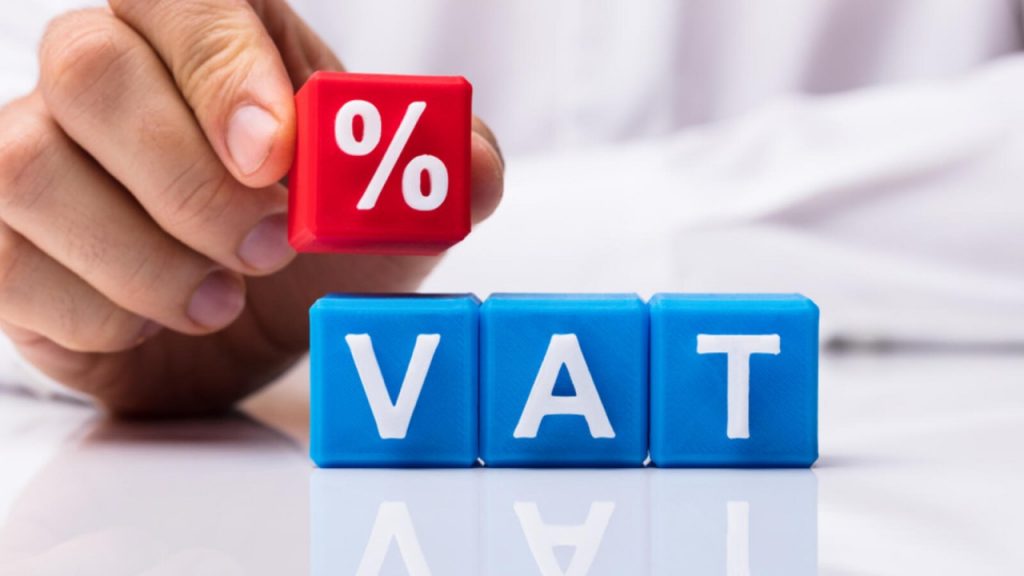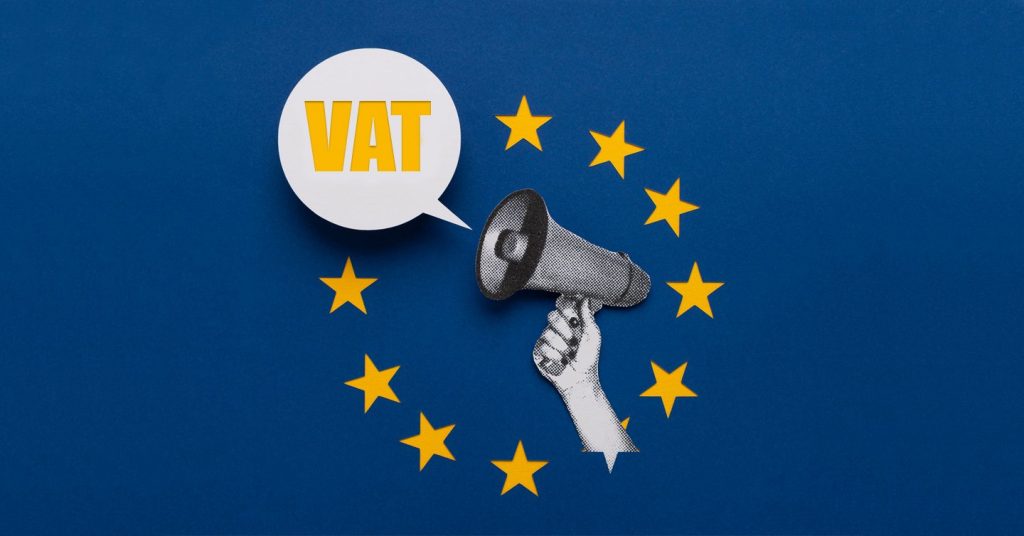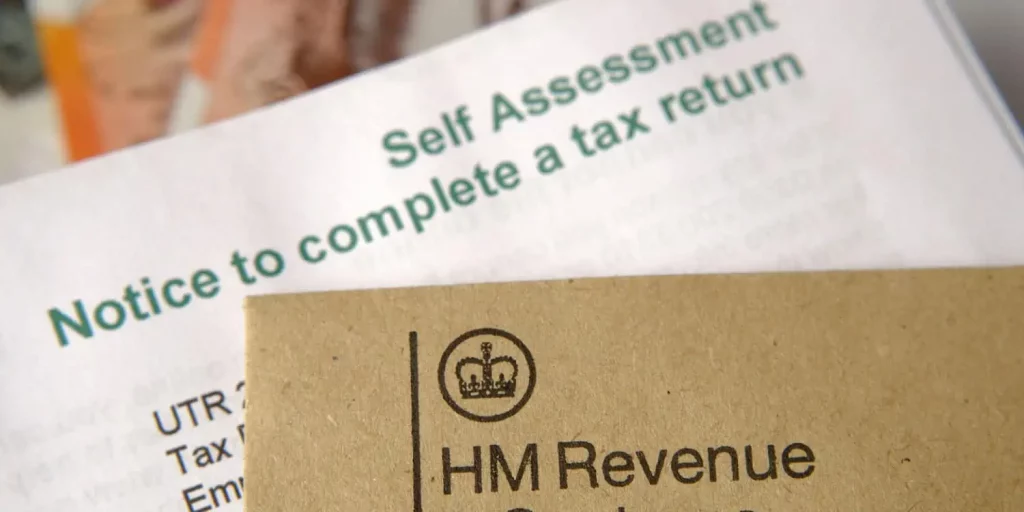Expanding your business into the European Union (EU) is an exciting step towards global growth and increased market reach. However, navigating the intricacies of VAT registration can be a daunting task for many businesses. Understanding the VAT system is crucial for compliance and leveraging the full benefits of operating within the EU. That’s why we’ve put together this guide to EU VAT registration to help those planning a move into the EU market.
Do you need to register for VAT?

There are several different scenarios where it becomes necessary to register for VAT in the EU.
If you’re selling goods or services to customers in an EU country and your business is not established there, VAT registration is typically required unless it’s exempt or a reverse charge applies (commonly the case with B2B transactions, such as those involving digital products).
Rather than register in every EU country where they do business, B2C sellers can use the One Stop Shop (OSS) Union scheme, which simplifies the process by allowing a single VAT registration within the EU.
Non-EU sellers must also charge VAT from their first taxable EU sale unless exempt or reverse- charged. If selling digital services across multiple EU countries to private consumers, non-EU companies can use the OSS non-Union scheme, but this system does not apply to goods.
Those selling goods within the EU must register for the OSS Union scheme.
B2C sellers importing goods under €150 from outside the EU can opt for the Import One Stop Shop (IOSS) scheme.
In cases where sales to an EU member state exceed the distance selling threshold of €10,000, VAT registration becomes mandatory. Sellers apply their local VAT rate until this limit is reached, after which the destination country’s VAT applies, which will then require registration there (or via OSS).
Sellers might also need to register for VAT in the EU if they store goods in another member
state.
How to register for EU VAT?

To register for VAT, you will need to apply for a VAT identification number in the relevant EU member state. The application process differs from country to country, and you’ll typically be required to submit your application in the local language.
In some cases, non-EU businesses are required to appoint a fiscal representative to handle
their VAT affairs.
If you’re selling to consumers in different EU countries, you might need to register for VAT in each country where your customers are located, unless you opt for the One Stop Shop scheme, which streamlines the entire VAT registration and remittance process.
Businesses only need to register for the OSS in one EU member state. For EU-based businesses, this is typically their home country, while non-EU businesses can choose any member state. The advantage of the OSS system is that instead of registering and filing VAT returns in each EU country where they have customers, businesses can report and pay the VAT due across the EU through a single electronic quarterly return in the OSS portal.
Taxually, specialists in EU VAT compliance, can take the hassle out of VAT registration for businesses. Book a free call with them and find out how they can help you get VAT registered in the EU.
Why is EU VAT registration important?

VAT registration is crucial for businesses aiming to expand into the European Union for a
number of reasons:
Legal compliance
The most immediate reason for VAT registration is to comply with local laws. Non-compliance can result in significant penalties, fines, and legal complications that could tarnish your business reputation and impede your operations in the EU.
Access to VAT refunds
Registering for VAT allows businesses to reclaim any VAT they’ve paid on business-related goods and services. This can lead to significant savings, especially for businesses that incur a lot of VAT on purchases or those investing heavily in the EU market.
Efficient business operations
Proper VAT registration facilitates smoother operations within the EU. It enables you to issue VAT invoices, claim back VAT on business expenses, and manage VAT payments and refunds efficiently.
VAT registration is an important part of any EU expansion, but you can simplify the VAT registration process with Taxually. Book now to discuss your options.
How can Taxually help?

Understanding and managing EU VAT registration and compliance can be complex, especially for businesses expanding into the EU market for the first time. CrossTax by Taxually specializes in facilitating businesses with EU VAT registration, offering a streamlined, digital solution that simplifies the registration process and ensures that businesses looking to expand their operations in the EU are fully supported.
CrossTax by Taxually provides comprehensive guidance, from determining your VAT obligations to completing the registration process and ongoing compliance management. They aim to make the VAT registration process as seamless as possible, allowing you to focus on growing your business in new markets.
Ready to take the next step in expanding your business into the EU? Book a free call with Taxually today to learn more about how they can help streamline your VAT registration and compliance, ensuring a smooth and successful entry into the European market.

